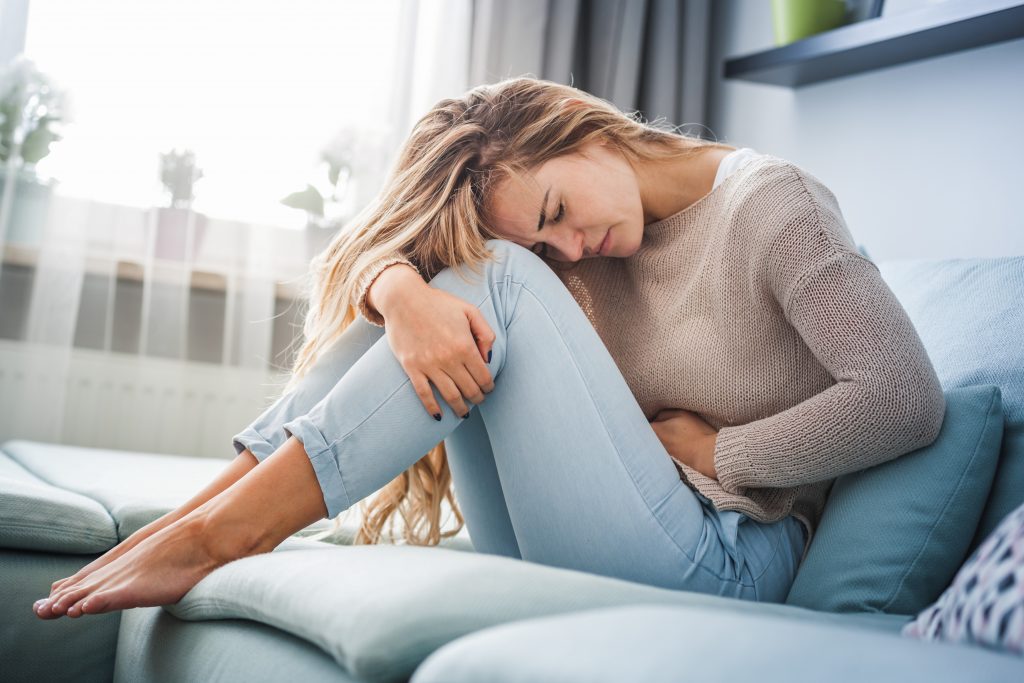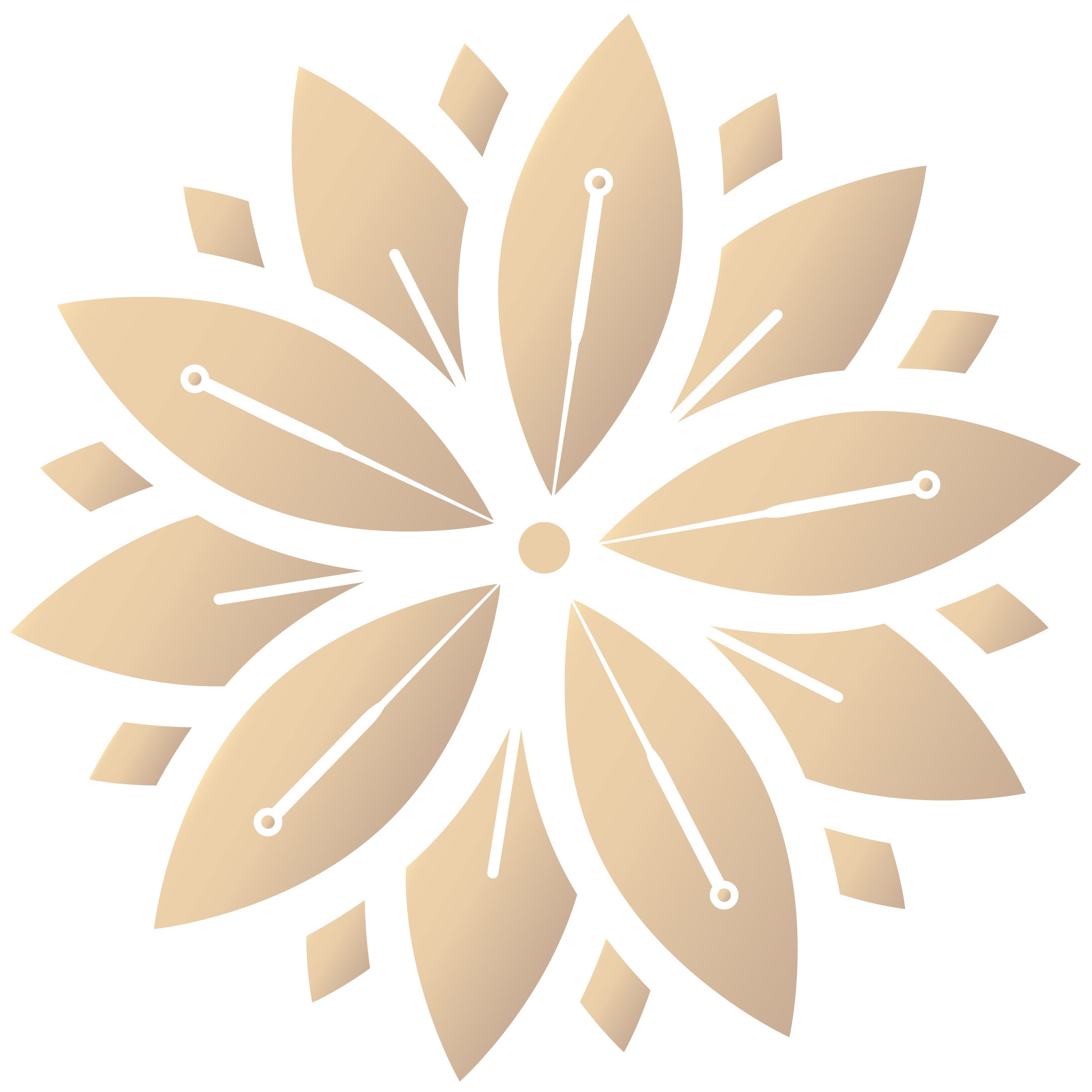
Many women experience several minor symptoms before and during their period. Symptoms are generally the most severe in the first few days of your menstrual cycle. This can be annoying for many women, but symptoms can often be managed so that they do not interfere with your day-to-day life.
When it comes to menstruation, there are over a hundred known symptoms. These may change over time, depending on the individual and changes in their cycle. Usually, discomfort associated with your period should be manageable, but some symptoms may hamper your daily activities.
Some of the most common physical symptoms of menstruation will include the following:
- Muscle ache
- Joint pain
- Tender breasts
- Fluid retention or being bloated
- Acne
- Diarrhea
- Headaches
- Trouble sleeping
- Lower back pain
- Fatigue
Treatment options to alleviate symptoms
Painful symptoms and issues can be relieved by natural means, like doing physical exercise or yoga. In fact, yoga has been shown to be an effective treatment for various menstrual issues.
A recent study has suggested that 35 to 40 minutes of yoga, 5 to 6 days a week for 6 months, can lower hormone levels. It can also reduce other menstrual pains and emotional symptoms associated with menstruation, and also improve the quality of life of women with dysmenorrhea. These women experience extreme pain before and during their period.
Another natural treatment for treating irregular periods is ginger. Studies have demonstrated its benefits to women who are experiencing heavy menstrual bleeding. Ginger supplements may help reduce the amount of blood lost during your period.
What you can do to maintain your all-round health
Changes in your weight can affect your periods, so it is essential that you maintain a healthy weight. In fact, being overweight or underweight can also cause irregular menstruation.
The most significant thing you can do to maintain your weight is to exercise or at least have an active lifestyle. If you perform 30 minutes of aerobic exercise every day for several weeks, you will notice that you’ll experience fewer symptoms and pain during your period.
It would help if you also examined your diet, because eating too little food or not getting the right type and mix of nutrients may affect your hypothalamus, adrenal and pituitary glands. These are the glands that regulate your hormones. It is recommended that you consume 225 to 325 grams of carbohydrates per day to maintain a healthy diet.
Acupuncture for period health
Acupuncture has been extensively used for thousands of years to alleviate the symptoms caused by menstruation. It can support hormone regulation and facilitate hormone balance by improving uterine and ovarian blood flow. In fact, it can calm the nervous system and trigger the blood vessels to dilate, thereby normalising the flow of blood.
However, before you contact an acupuncturist, you need to ensure that you’re dealing with a certified and highly skilled practitioner like Belinda Tran. These certified acupuncturists are members of the Australian Acupuncture and Chinese Medicine Association. They have conducted countless acupuncture treatments on various issues, including symptoms associated with menstruation.
Confused about the difference between acupuncture and dry needling? Click the link to learn more!
